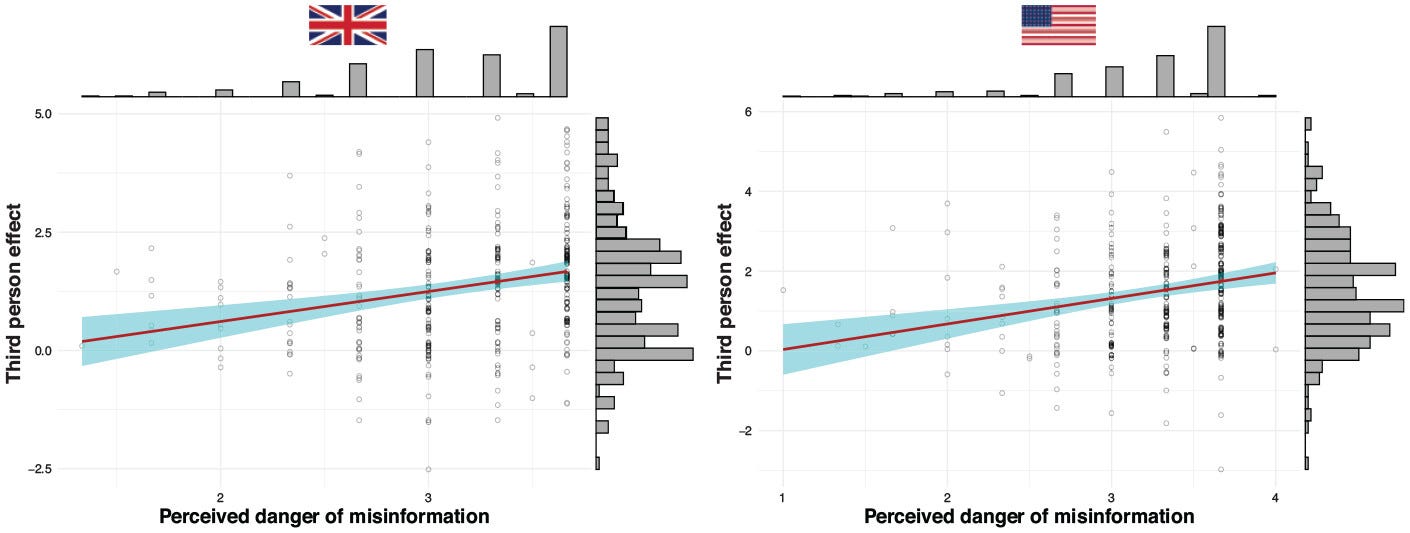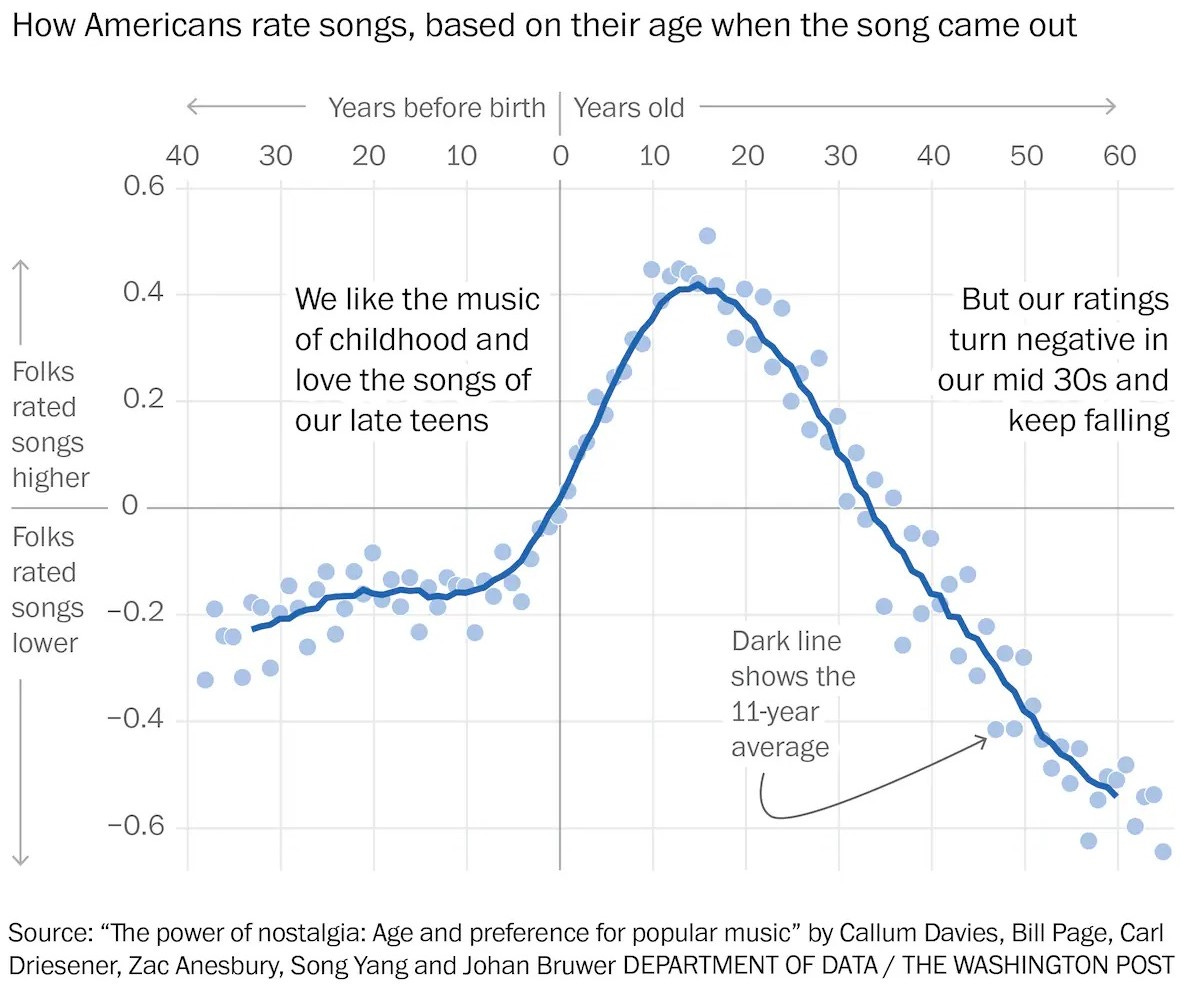Antidepressant Use Across Nations, Psychologists' IQ Ignorance, and the Gender Meaningful-Work Gap
The Nature-Nurture-Nietzsche Linkfest for June the 1st, 2024
Welcome to my latest Linkfest: a collection of links to papers and articles that have grabbed my attention over the last few weeks. Topics covered this time include some recent findings in psychology, antidepressant use across nations, psychologists’ ignorance of IQ research, and a new work-related gender gap: the fact that, on average, women have more meaningful jobs than men.
You can access the complete collection of Linkfests here.
Hot Off the Press: Recent Findings in Psychology
Social Psychology
1. Not everything you were taught in intro psych was false! Solomon Asch’s famous conformity experiments have once again successfully replicated. For the classic length-of-line experiment, participants conformed 33% of the time: very close to the original rate. For political opinions, they conformed 38% of the time. Link.
2. Part of the reason people worry about misinformation is that they think other people are gullible and easily misled - unlike them. Meanwhile, the other people think exactly the same thing in reverse. This is an example of the “third-person effect,” which also underpins the desire for censorship: It’s not for oneself; it’s for the gullible public. Link.
Political Psychology
3. People on the left are more likely than conservatives to retaliate against brands that take a political position they disagree with. As the authors note, “Our results imply that it may be relatively less risky for a company to adopt a liberal [left-leaning] stance on political issues. Indeed, recent research shows that CEOs, including conservative CEOs, sometimes publicly support liberal causes.” Link.
4. According to widespread belief, market-oriented societies make people selfish, unethical, and untrusting. Is this true? A recent study suggests not - and in fact, that it’s the other way around. “Contrary to the deterioration hypothesis,” argue the authors, “we find that market-oriented societies have a greater aversion to unethical behavior, higher levels of trust, and are not significantly associated with lower levels of morality.” Link.
5. People on the left are more likely than conservatives to use simplified language when talking to Black people. Conservatives, in contrast, talk to Black people and White people in the same way. Link.
Parapsychology
6. A classic finding in psychology is the “seductive allure of neuroscience explanations”: If you report a psychological finding and throw in some brain-related claims, people are more persuaded by the finding than they would be sans the brain claims. A new study has replicated this effect, but for parapsychological research: Linking claims about paranormal phenomena to neuroscience boosts people’s belief in these (almost certainly false) claims. Link.
The Psychology of Nostalgia
7. By an enormous coincidence, every aspect of culture peaked when you were a teenager: music, movies, fashion, you name it. And the amazing thing is that this applies no matter how old you are! Link.
8. Zooming in on the strongest finding above, scientists have finally figured out when the best music was made: It was after you were born but before you turned 35, with a peak when you were in your late teens. Good to know! Link.
Antidepressant Use Across Nations
9. The graph below shows the number of antidepressant users per 1,000 people across a range of nations. The variation is striking. It presumably reflects a combination of national rates of mental illness, awareness of mental illness, stigma about mental illness, availability of mental-health services, and preferences for medication vs. therapy. But how much of each? And where’s the dividing line between countries that are overprescribing vs. those that are underprescribing? Link.







